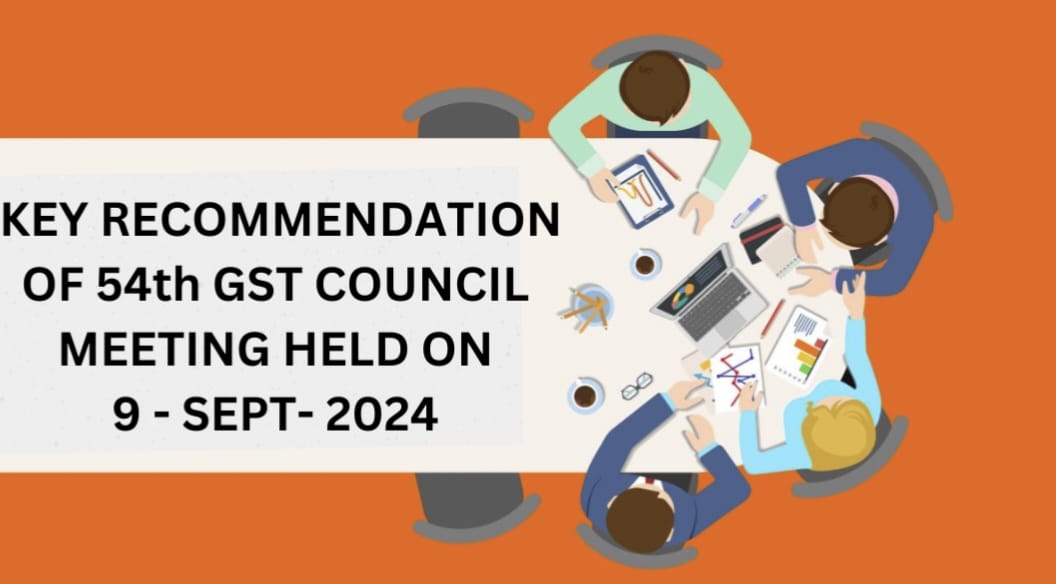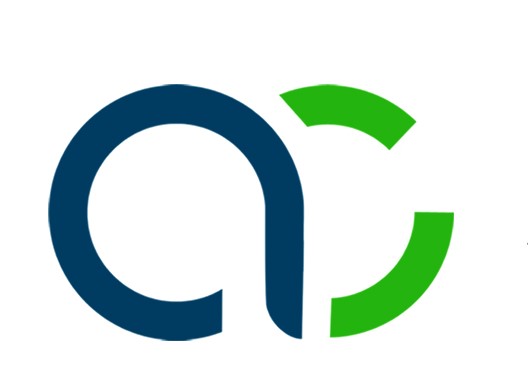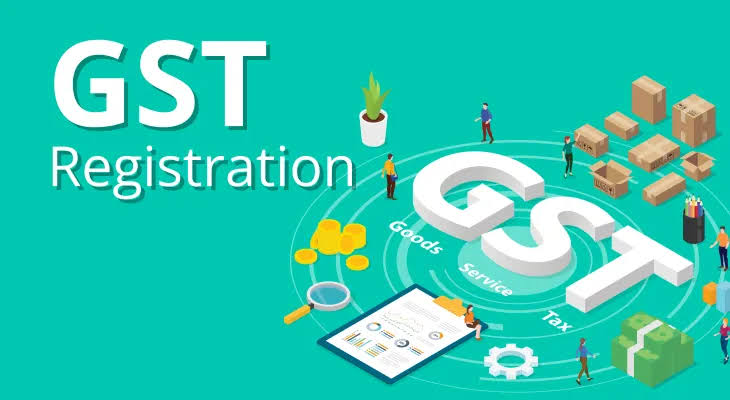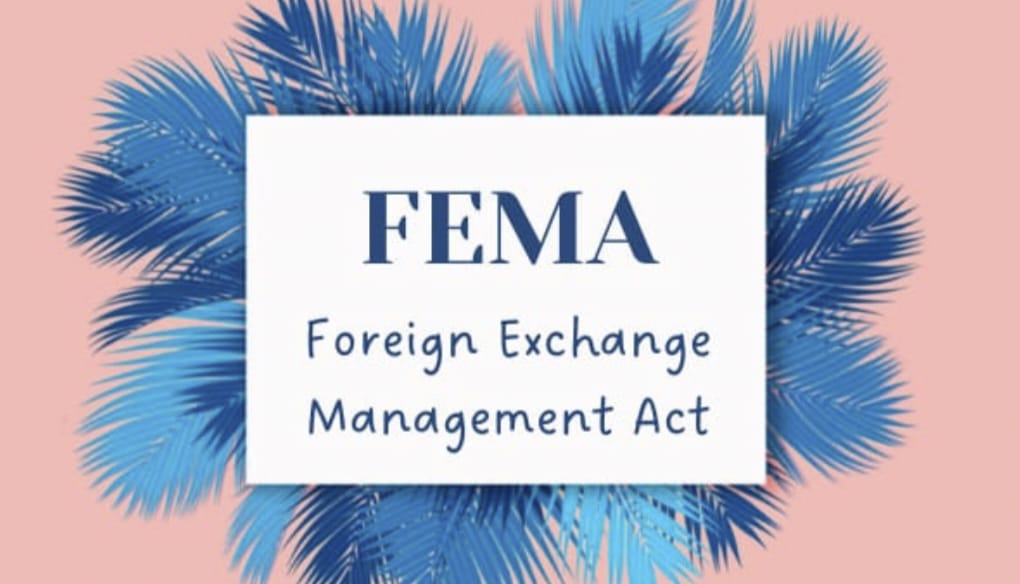Key Recommendations of the 54th GST Council Meeting Held on 09 September 2024
The GST Council has recently introduced a series of
significant recommendations designed to modify GST rates, streamline
compliance, and facilitate trade. Here’s a detailed summary of the key points:
GST Rate Adjustments on goods and services
1.
GST Rate Adjustments:
Goods:
·
Extruded
and Expanded Savoury Products: The GST rate for these
products, including certain snack pellets, is being reduced from 18% to 12%,
aligning with the rate for similar ready-to-consume products. However, un-fried
or un-cooked snack pellets remain at a 5% GST rate.
·
Cancer
Drugs: The GST on specific cancer medications, including
Trastuzumab Deruxtecan, Osimertinib, and Durvalumab, will be reduced from 12%
to 5%.
·
Metal
Scrap: The Reverse Charge Mechanism (RCM) will be
introduced for transactions where metal scrap is supplied by unregistered
persons to registered persons. Additionally, a 2% Tax Deducted at Source (TDS)
will be applied to business-to-business (B2B) metal scrap transactions.
Registered suppliers will also face this TDS requirement.
·
Roof
Mounted Package Unit (RMPU) Air Conditioning Machines for Railways:
These units will be classified under HSN 8415 and taxed at a 28% GST rate.
·
Car
Seats: The GST on car seats will increase from 18% to 28%,
aligning it with the rate for motorcycle seats. This new rate will apply
prospectively.
Services:
·
Life
and Health Insurance: A Group of Ministers (GoM) will be
formed to review GST issues related to life and health insurance. The GoM,
consisting of representatives from various states, is expected to report by the
end of October 2024.
·
Helicopter
Passenger Transport:The GST on helicopter passenger
transport on a seat-share basis will be set at 5%. However, charter services
will continue to attract an 18% GST rate.
·
Flying
Training Courses: GST will not be levied on approved
flying training courses provided by DGCA-approved Flying Training
Organizations.
·
Research
and Development Services: Exemptions will apply to R&D
services provided by government entities or institutions using government or
private grants. Past demands will be regularized on an ‘as is where is’ basis.
·
Renting
of Commercial Property: Renting commercial property from
unregistered to registered persons will be subject to RCM to prevent revenue
leakage.
·
Affiliation
Services: Affiliation services by educational boards like
CBSE will be taxable. However, services by State/Central educational boards to
government schools will be exempt. Past periods from July 1, 2017, to June 17,
2021, will be regularized.
·
Import
of Services by Branch Offices: Imports of services by
foreign airline branch offices from related entities outside India will be
exempt if made without consideration. Past periods will be regularized.
Facilitation of Trade & Other Measures
2.
Facilitation of Trade:
Waivers
and Rectifications:
·
Interest
and Penalty Waivers: New rules will outline the procedure
for waiving interest or penalties for tax demands under section 73 of the CGST
Act for fiscal years 2017-18, 2018-19, and 2019-20. The deadline for tax
payment to avail of these benefits will be set as March 31, 2025. The rules
will be notified from November 1, 2024.
·
Input
Tax Credit Provisions: Amendments are suggested to better
manage input tax credits and IGST refunds for exports. The proposed changes
will remove restrictions and simplify refund procedures, especially for
exporters who initially availed benefits under certain notifications.
·
Clarifications:
Circulars will address specific ambiguities such as the place of supply for
advertising services provided to foreign entities, input tax credit for demo
vehicles, and data hosting services provided to international cloud computing
providers.
3.
Other Measures:
B2C
E-Invoicing:
·
A pilot project for B2C e-invoicing will
be rolled out to improve business efficiency, transparency, and environmental
impact. This will be implemented on a voluntary basis in select sectors and
states.
Invoice
Management System (IMS):
·
Enhancements to the GST return system
will include new ledgers for Reverse Charge Mechanism (RCM) and Input Tax
Credit Reclaim, along with an IMS. This system will allow taxpayers to manage
invoices more effectively, reducing errors in input tax credit claims and improving
reconciliation processes.
These recommendations aim to simplify GST
compliance, offer relief to various sectors, and streamline trade processes,
ultimately enhancing overall efficiency and fairness in the GST system.






